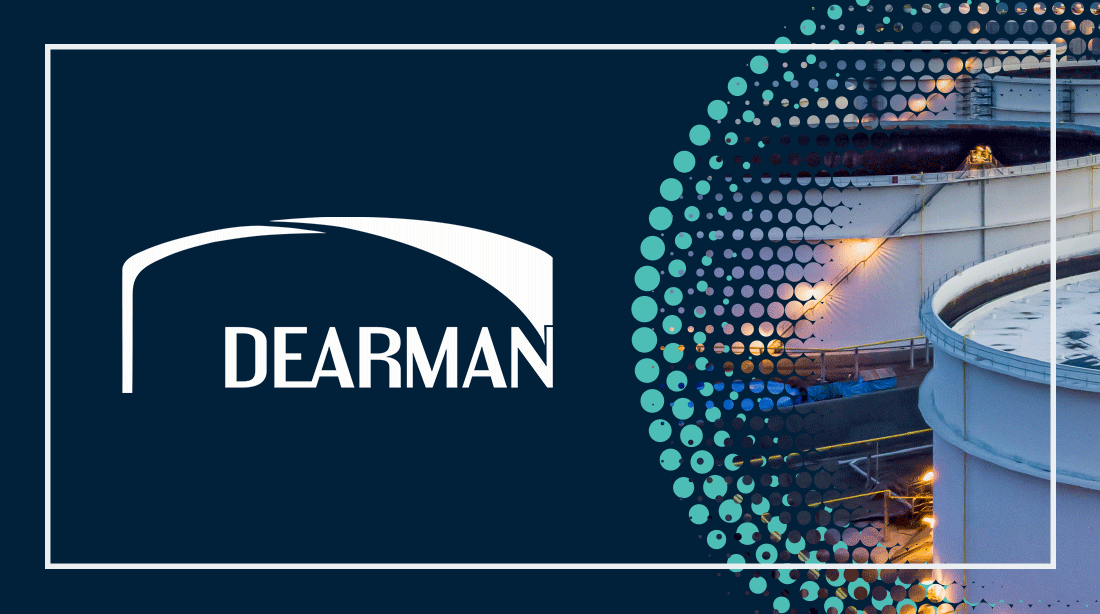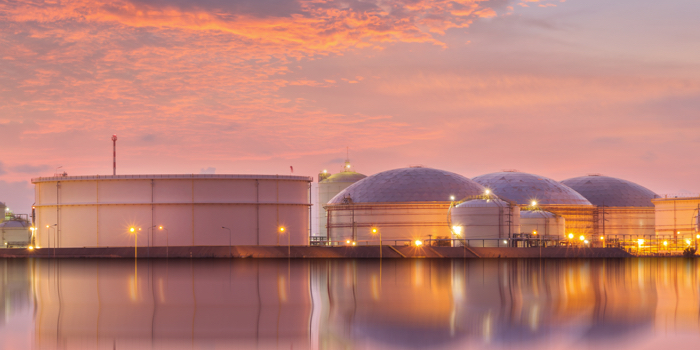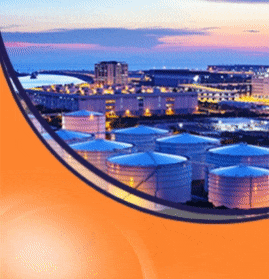Preparations are underway for a new onshore CO2 mineral storage facility in Iceland. The terminal will receive carbon dioxide transported from Northern Europe by ship, and the CO2 will then be injected into the bedrock.
“The Coda Terminal will launch a new climate-friendly industry that is based on innovative solutions and up-scaled climate action. Through receiving CO2 from neighbouring countries for permanent mineral storage, Iceland takes on a pioneering role within Europe,” said Edda Sif Pind Aradóttir, CEO of Icelandic start-up Carbfix.
The company recently stated that preparations for the CO2 mineral storage terminal are underway. The terminal will be based in the bay of Straumsvík, in southwestern Iceland, where there is already an industrial port.
When in operation, the facility will receive carbon emissions from industries and polluters in Northern Europe, shipping the compressed CO2 in cold liquid form.
Carbfix will then use technology to inject the CO2 into the basaltic bedrock, where it eventually turns into stone.
Several other countries already have ongoing projects in large-scale carbon storage. However, while projects such as Norway’s Longboat and Netherland’s Porthos aim to inject the CO2 emissions under the seabed, the Carbfix project differs in that operations will be on land. In fact, the Coda Terminal will be the first large-scale geological storage project in Europe that is carried out onshore.
The preparation phase will begin in 2021 with engineering and permitting processes. Drilling of the first wells is to start in 2022, with the aim of starting operations in 2025 and reaching full-scale operations by 2030.
At full scale, the Coda Terminal is expected to be able to provide an annual storage of three million tonnes of CO2. The terminal will also be able to store CO2 from local industries, as well as CO2 captured directly from the air.
For more information visit www.carbfix.com












